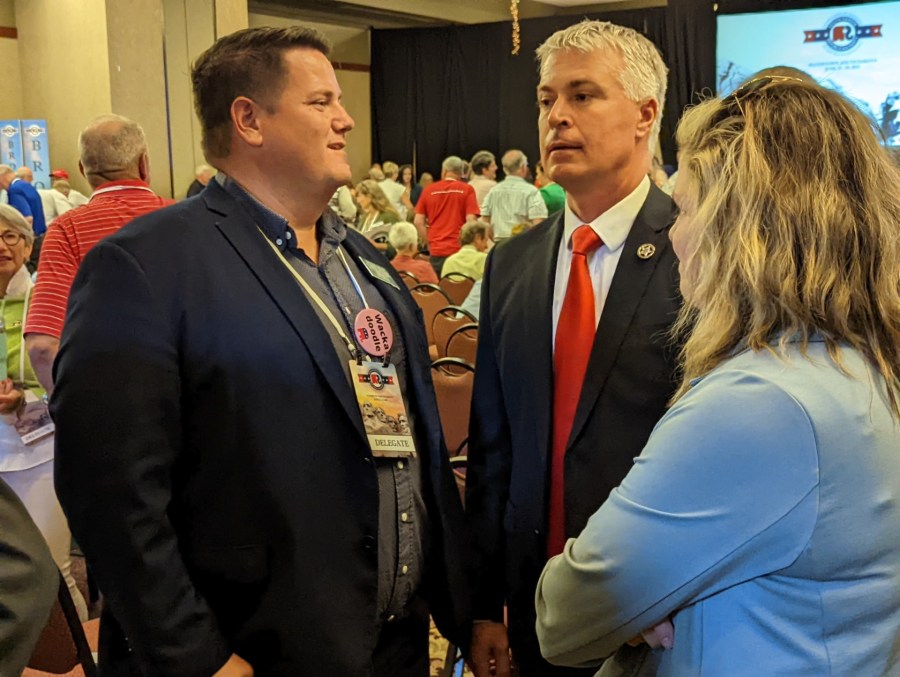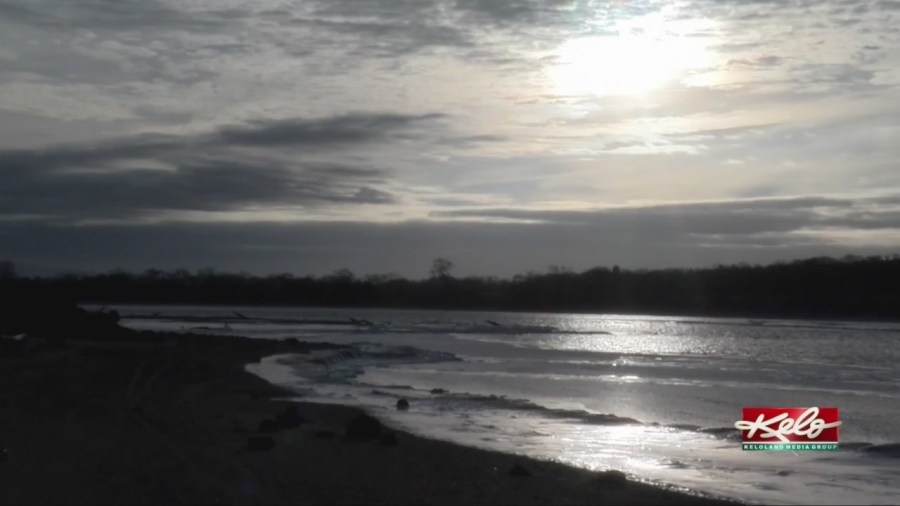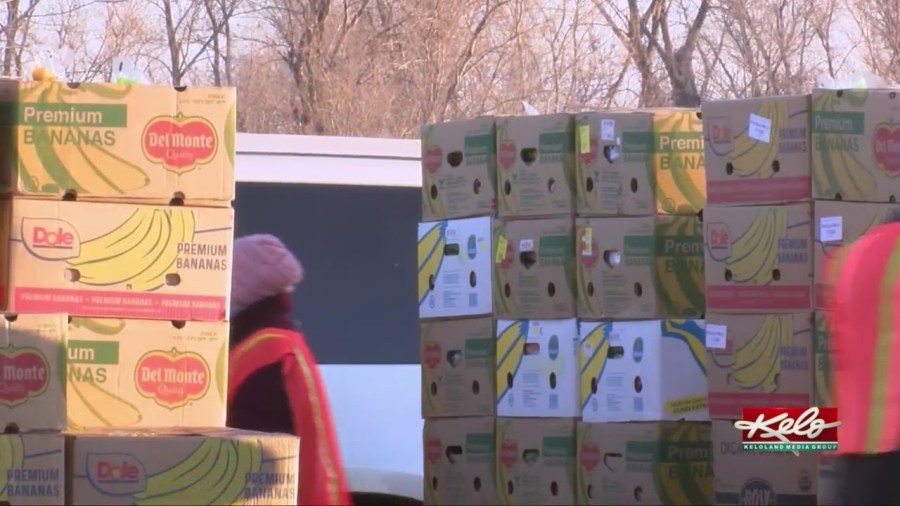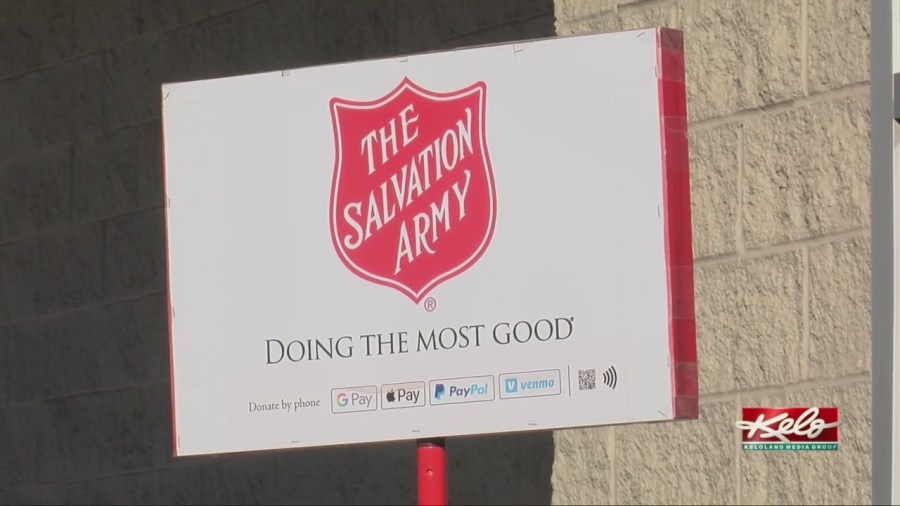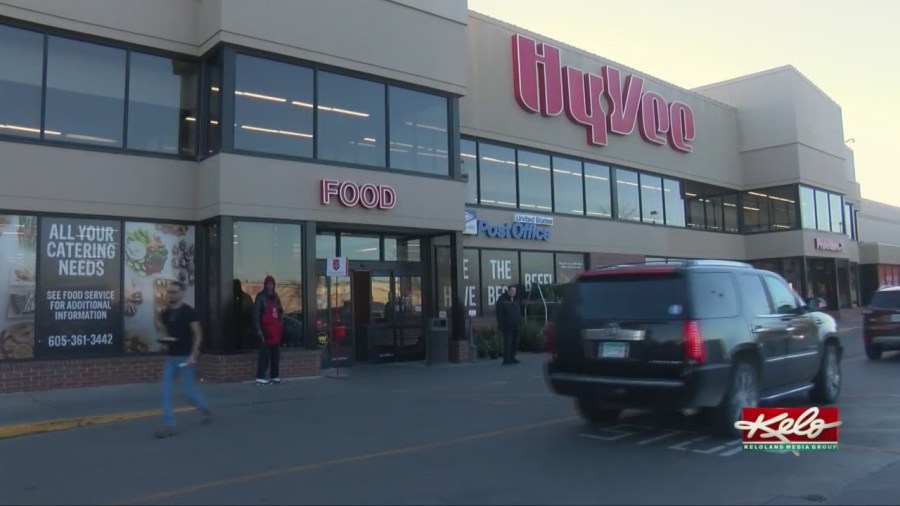PIERRE, S.D. (KELO) — Questions and suggestions from a long-time county prosecutor about enforcing some of South Dakota’s chapter of open meetings laws are drawing attention.
Jerry Miller has served as Union County state’s attorney since 2004. He made a variety of points as part of a complaint he recently filed on behalf of a North Sioux City man with the state Open Meetings Commission.
South Dakota News Media Association executive director David Bordewyk and state Attorney General Marty Jackley are reacting to what Miller had to say.
By law, the attorney general appoints the commission’s members. Jackley says he’s open to considering possible improvements.
“I am always willing to consider revisions to our open meetings law that provide clarification or assist the various state’s attorneys and the Open Meeting Commission in carrying out their duties,” Jackley told KELOLAND News. “As attorney general, I have strived to improve government transparency. We continue to work with the media to strengthen our laws and provide more information to the public.”
The commission found that North Sioux City’s municipal council violated South Dakota’s law requiring local governments to post agendas at least 24 hours before holding meetings. One of the questions Miller asked was who should be charged for such a violation.
“If a city assigns a staff member or hires/contracts with a web developer to facilitate the posting of agendas on the website, is that the person to be charged? Is that the person who can be charged? Is it the person who had the responsibility and did not follow through with their obligation, who should be charged? Or is it that person, in addition to the elected and/or appointed persons who make up the board, that should be charged?” he asked.
Newly elected lawmaker says he may not serve his term
Among Miller’s suggestions are requiring a local board or council to do over at a second meeting any decisions made at an earlier illegal meeting, giving the state commission authority to take an open-meeting violation before an administrative law judge, and “perhaps” a new state law that prohibits public officials from using public funds to pay fines for open-meeting violations.
Open-meeting violations are classified in South Dakota as class 2 misdemeanors punishable by up to 30 days in county jail and a $500 fine. But when Miller emailed state’s attorneys throughout South Dakota, none reported back to him that they had taken a local board, council or commission to court for an open-meeting violation.
The Open Meetings Commission meanwhile is limited to issuing a public reprimand to the offending official or government, but that’s as far as it goes. The law goes on to say that no violation found by the commission may be later prosecuted by the county state’s attorney or the attorney general.
Bordewyk, who’s been lobbying lawmakers on public records and open meetings for 29 years, has a solid sense of how far legislators will go.
“The Union County state’s attorney raises valid, legitimate frustrations when it comes to enforcement of the open meetings law,” Bordewyk told KELOLAND News. “The Open Meeting Commission’s authority to issue only a public reprimand was the happy medium when the commission was created by the Legislature 20 years ago.
“No state’s attorney wants to be put in the position of criminally charging local school board members or city council members for violating the open meetings laws. It’s politically untenable,” Bordewyk continued. “And historically the Legislature has not been willing to change or expand the penalty for violation of the open meetings laws. And I don’t think any of that is changed today. From my position, that’s unfortunate, but that’s where we are.”
The Open Meetings Commission meeting on November 18 was its first in four years. It handled six complaints. The commission meets again on November 25 to consider seven more complaints.
Bordewyk said SDNA in the past advocated for tougher sanctions in the open meetings laws, but found little or no traction among lawmakers. Nonetheless, he still wants South Dakota’s open government laws to be improved, even if only incrementally.
“That is why we are looking at possible legislation to require all public boards that adhere to the open meetings laws to annually review the laws for the purpose of education and training,” Bordewyk said. “Composition of public boards continually change. The open meetings laws are tweaked and changed occasionally. An annual refresher course on the open meetings laws could go a long way toward helping public boards avoid missteps and unintended violations of the law.”
